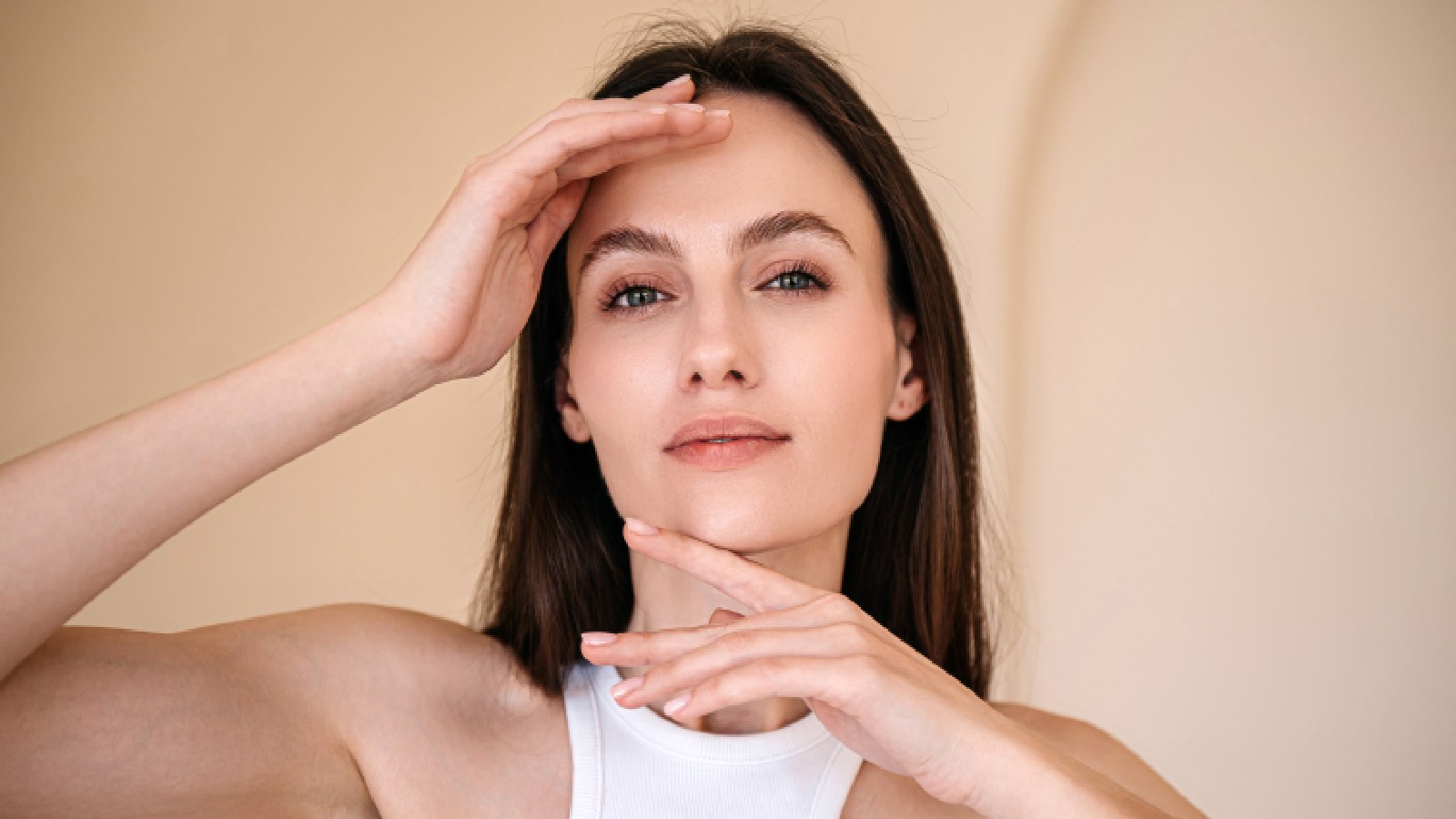[ad_1]
It is very important to use the right products for skin care. It is also necessary to add vitamins to the diet. Know Vitamins That Help Protect Skin From Pigmentation (Vitamins That Prevent Skin Pigmentation)
External pollution can harm the skin in many ways. Due to this, the problem of spots, tanning and acne starts to increase on the skin. In fact, the small spots that form on the skin increase the pigmentation problem. In such a situation, it is very important to use the right products for skin care. It is also necessary to include vitamins and minerals in the diet. Let’s find out which vitamins help protect skin from pigmentation (Vitamins that Prevent Skin Pigmentation).
Speaking about this, Dietitian Manisha Goyal says vitamins and minerals are essential for overall health as well as healthy skin. The problem of wrinkles, pimples and dark circles on the skin increases due to pollution, sunlight and dust. Apart from this, not taking proper care of the skin and lack of vitamins can cause hyperpigmentation. Due to this, the elasticity of the skin decreases and small spots appear on the face. Due to the increase of melanin in the skin, this problem has to be faced. For this, it is necessary to include vitamins C, E, A and D in the diet. It provides retinol to the skin, which helps increase collagen.

Image: Adobe Stock
Protect your skin with the help of these vitamins
1. Vitamin C
According to NIH research, vitamin C is called ascorbic acid. It is used to remove hyperpigmented skin problem. An increase in the level of melanin causes spots on the skin. To prevent this, the use of vitamin C is effective. According to research, regular use of vitamin C can regulate melanin, thereby reducing pigmentation. With its use, the skin hydrates and begins to increase collagen.
What foods should be included in the diet?
To have foods rich in vitamin C, include oranges, quinoa, strawberries, kiwi and lemons in your diet. Apart from this, vitamin C can also be obtained by consuming broccoli, cauliflower and tomato.
2. Vitamin E
Vitamin E, rich in anti-aging properties, helps repair damaged shrink cells on the skin. Due to this, the spots on the face will gradually start reducing. Apart from that, vitamin E protects the skin from sun damage. Vitamin E protects the skin from free radicals. The antioxidants present in it help in reducing wrinkles. In this regard, dermatologist Dr. Megha Modi said that vitamin E oil is very beneficial for the face. Available in the market in the form of vitamin E capsules, the oil can be mixed and applied in everything from moisturizing creams to face packs and scrubs.
Also read

How to include in food
According to Harvard Health, vitamin E is a fat-soluble vitamin that protects the skin from free radicals. To achieve this, include peanuts, almonds, sunflower seeds, spinach, mango and avocado in your diet. Eating these foods in moderation is good for the skin.

3. Vitamin A
Apart from solving health problems, vitamin A also benefits the skin. It keeps the skin healthy and soft. Apart from this, it relieves blemishes and spots on the skin. Vitamin A is a retinoid that increases collagen production and protects the skin from scarring and wrinkles. With the help of vitamin A, the skin stays hydrated and healthy. Its moisturizing properties help repair the skin. Vitamin A, which is rich in antioxidants, also helps in brightening the skin.
How to include in food
For this, carrots, peas, papaya, pumpkin, spinach and tomatoes should be included in the diet. These foods are rich in antioxidants that protect the skin from any damage. This removes the pigmentation and makes the skin soft.
4. Vitamin D
According to experts, vitamin D, rich in anti-inflammatory properties, helps protect the skin from dryness, acne and blemishes. Due to the lack of vitamin D in the body, the skin starts to darken. Due to this, collagen starts growing in the skin, which keeps the skin away from aging. Sun exposure can be prevented by adding vitamin D to the diet or taking supplements. People who suffer from allergies and redness due to sun exposure. Vitamin D is very useful for them. With its help the skin can be protected from the effects of UV rays.
How to include in food
According to a report by the Journal for Vitamins and Research, people between the ages of 18 and 65. Foods rich in vitamin D must be included in their diet. This age group needs 600 IU of vitamin D. For this include mushrooms, egg white, orange juice, fortified milk and whole grain wheat in the diet.
Also Read- Vegetarians are drinking potato milk these days, learn how it is made and what are its benefits.
[ad_2]